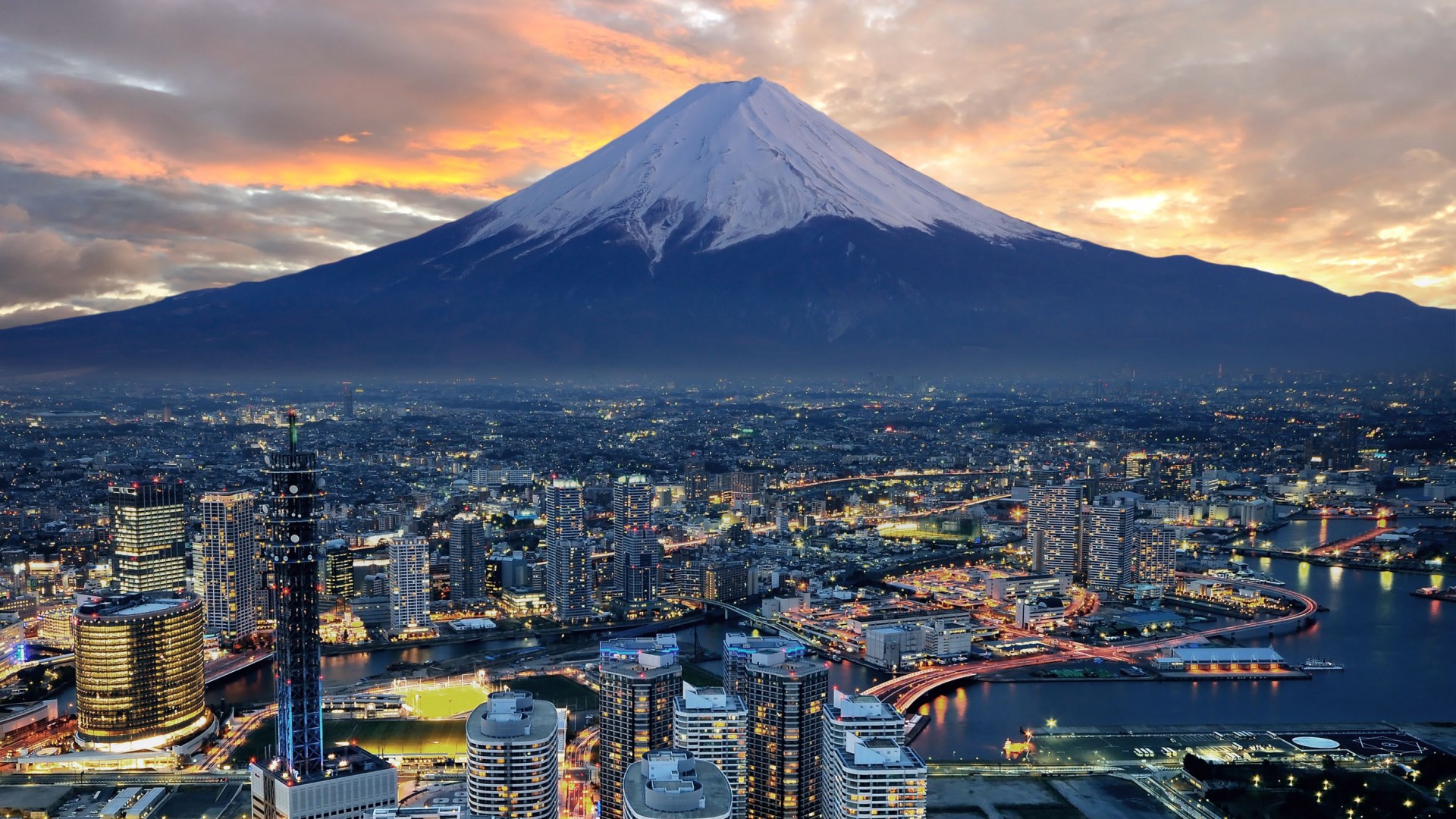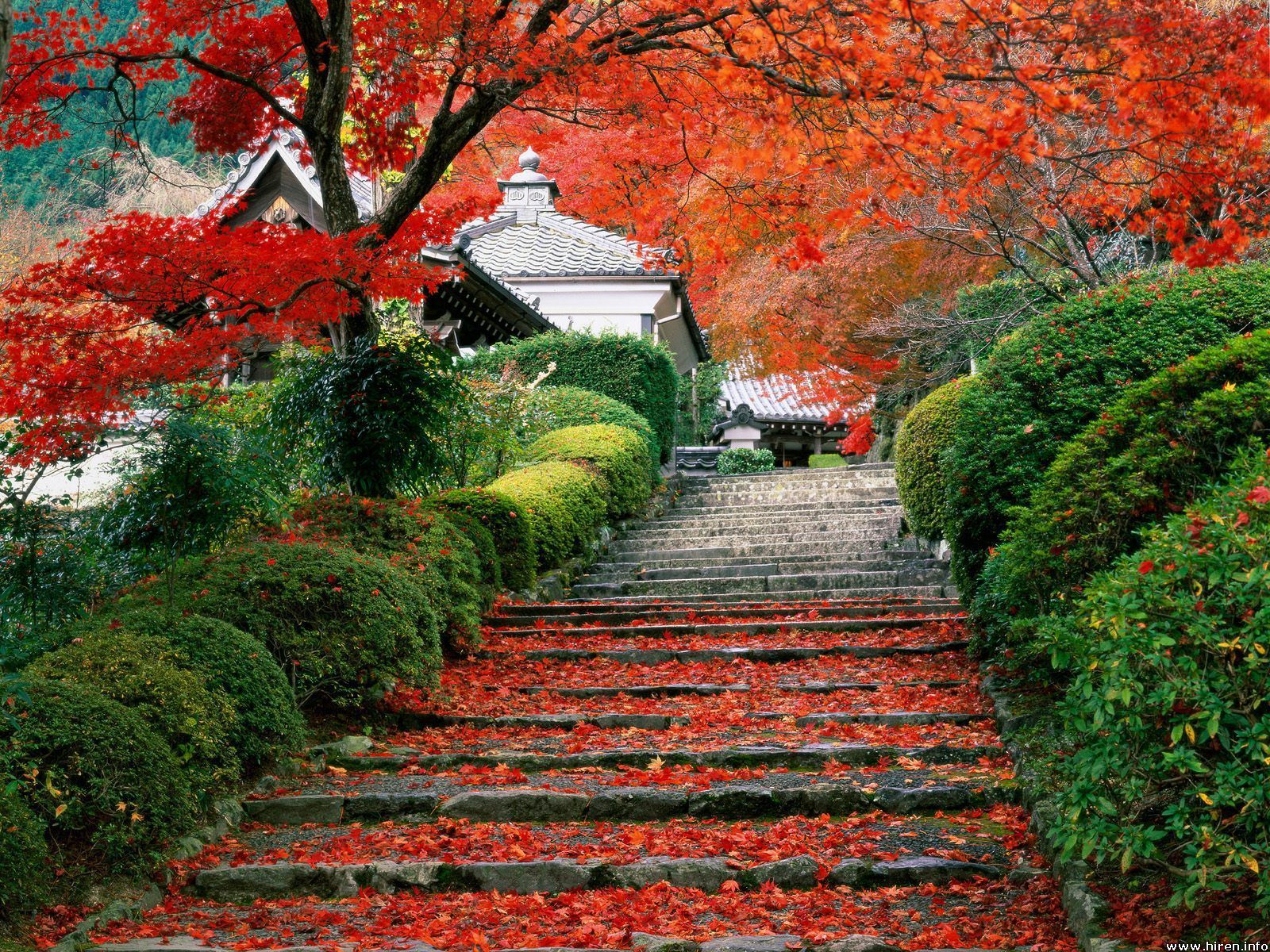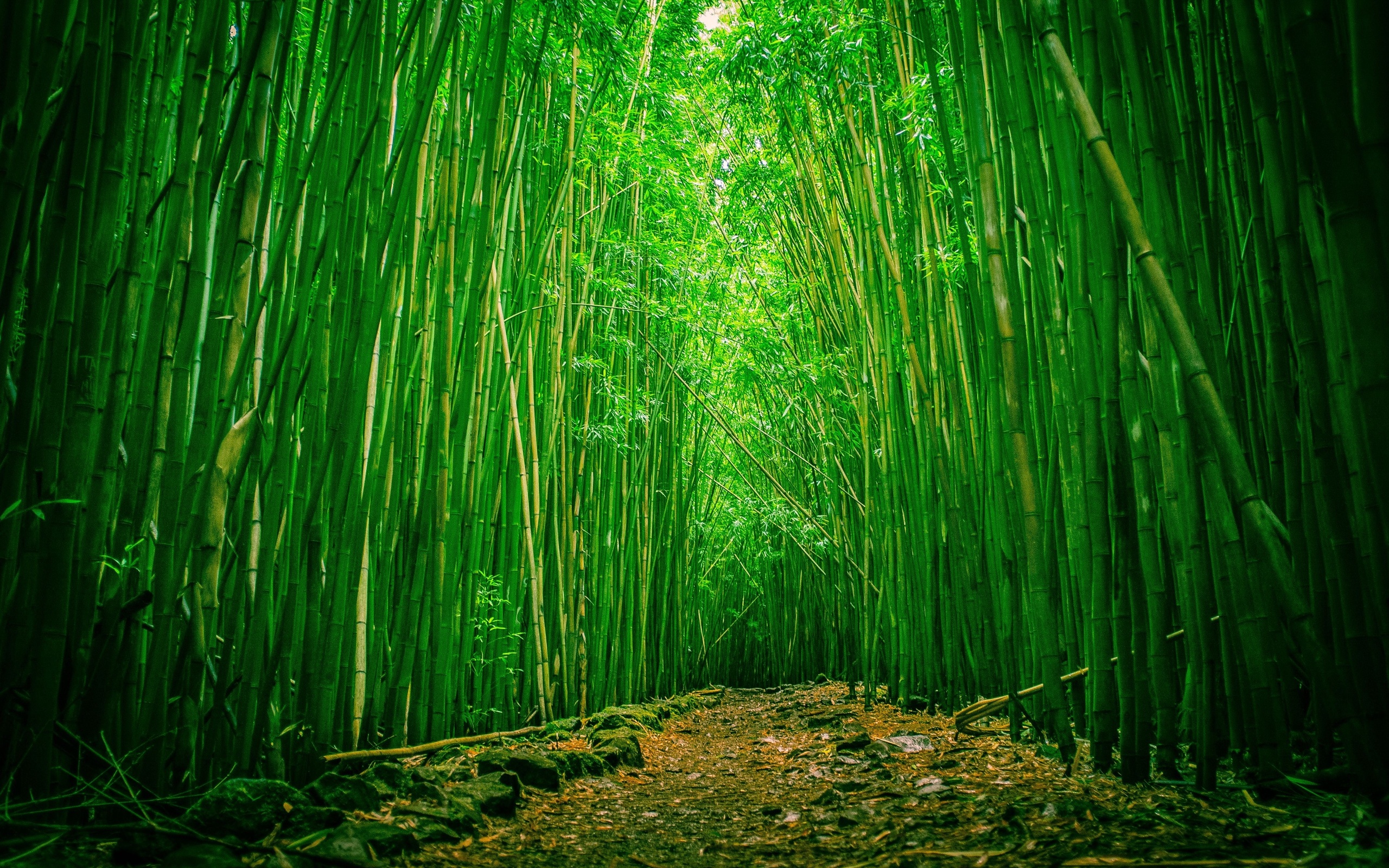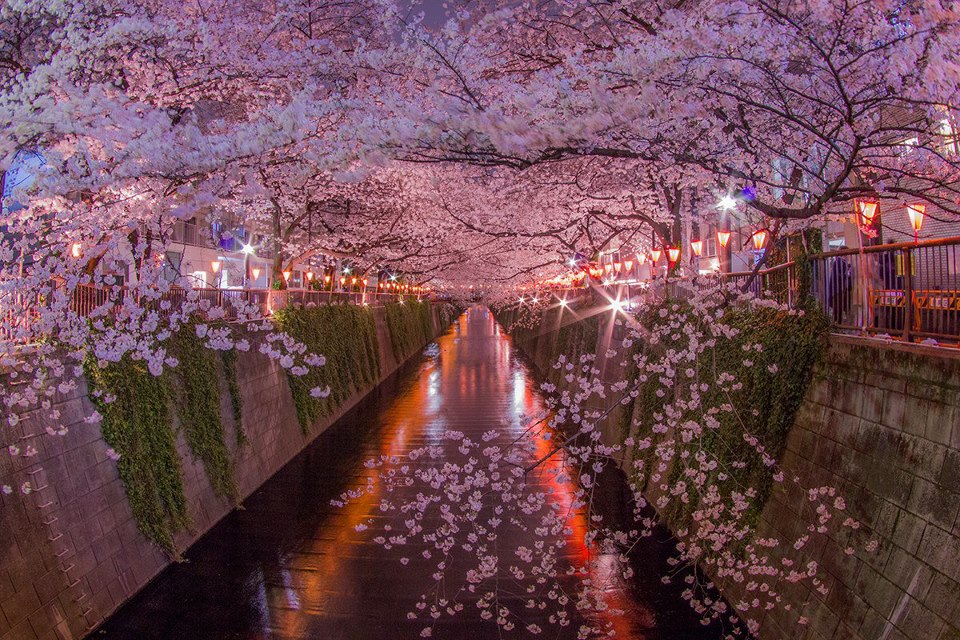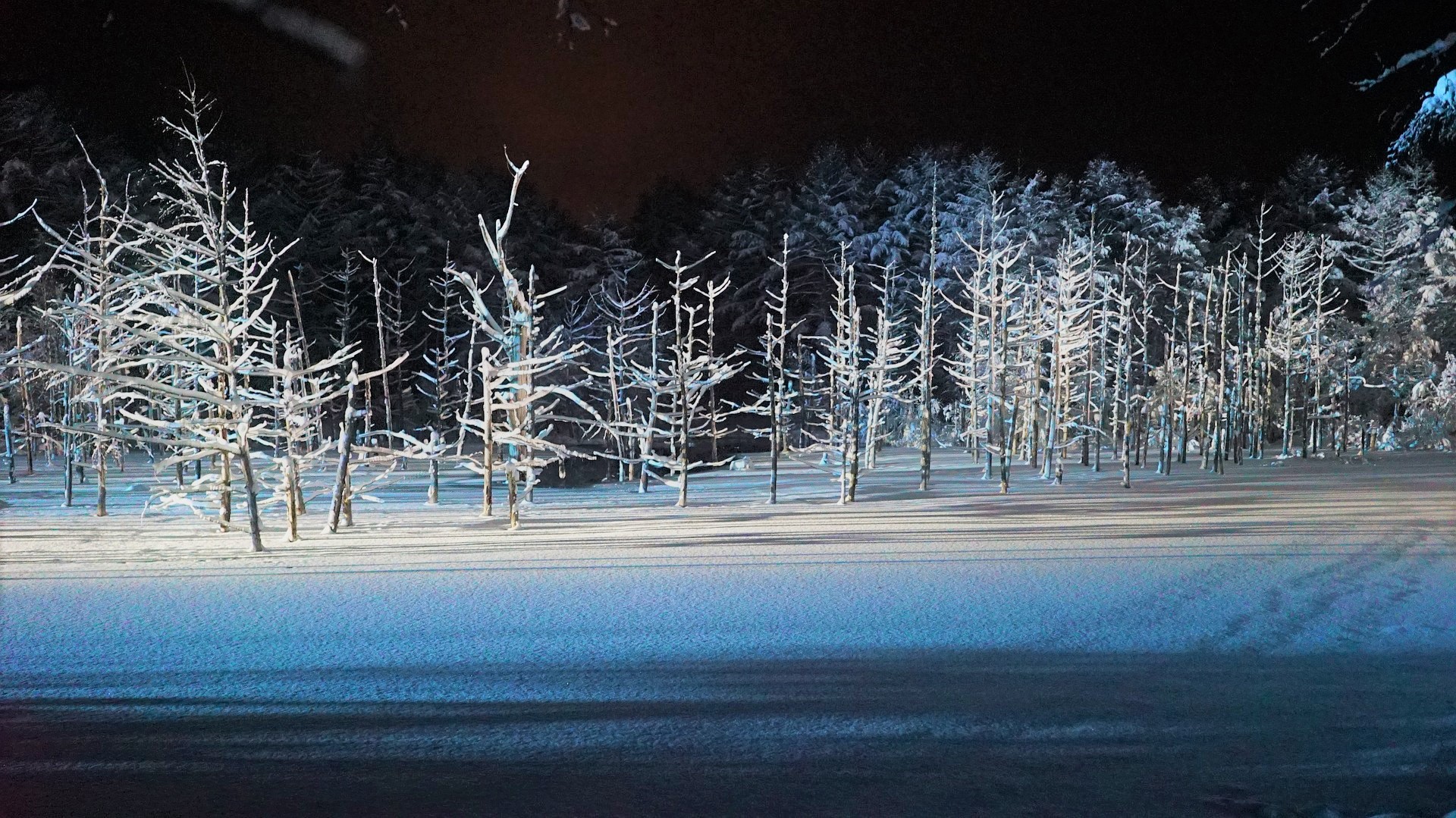Why Japanese people were calm after the Fukushima Tsunami
My coworkers called me and rushed to my office to make sure that my family in Japan were ok when one of the world’s worst disasters happened in March 2011. Fortunately my family does not live in the Northern part of Japan so they were safe. We all watched to the news on tsunami destroying houses and cars. Japanese people in Fukushima handled the disaster calmly and people in the west watched Japanese people’s resilience and true strength during the crisis. Millions of people in Fukushima were left without water, power and communications. Many lost their lives and everything was gone. People continued to suffer from the loss and a serious nuclear threat which has been an issue to this date. What was so impressive to the west is how Japanese people came together as a country to help Fukushima heal and recover from this natural disaster. People in unaffected areas of Japan conserved energy voluntarily to help Fukushima.
I watched numerous news on Fukushima disaster and people in Fukushima were admirably calm and people were not losing control or crying. People who lost their houses and even family members were calmly answering questions on the news and it was puzzling for many viewers in the west. How can Japanese people remain so calm during the massive disaster? I think there are many factors contributing to the way people handled the disaster. Japanese people do not normally express their feelings and I am sure that people who lost their homes and family in Fukushima were absolutely devastated but we have a cultural tradition of expressing ourselves subtly. Japanese people normally keep their feelings to themselves and handle them on their own.
Also historically Japanese people have gone through a lot during the wars and so they have a tendency to see themselves as part of the nature so there is nothing humans can really do to go against the natural force. Japanese people often say “Shikata ga nai”..meaning there is nothing we can do. I personally hate that word but it’s coming from the tragic history and harsh environment surrounding the country. Japan was hit by several devastating earthquakes in the past and is the only country to have experienced the devastation of atomic bombs. So Japanese people are culturally trained to be resilient during the crisis. I am not saying whether this is a good thing or a bad thing because this is probably one of the reasons why Japan has one of the highest suicide rates among the developed nations.
Japanese people are not religious but Buddhism and Shintoism are practiced as part of their tradition and lifestyles. Japanese people tend to accept the tragedy and disaster as part of life and there is nothing we can really do to prevent them. No anger toward god or government. So these cultural characteristics of Japanese people served the nation during and after the crisis.
